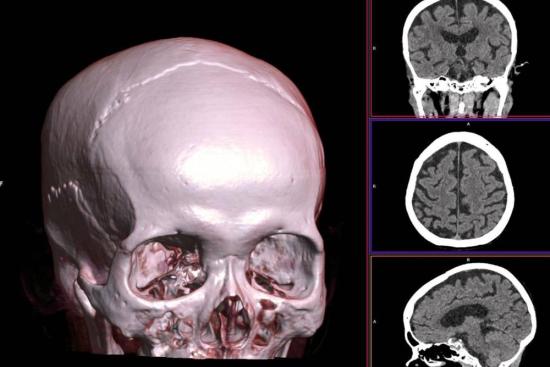A cranial CT scan, also known as a brain computed tomography scan, is an essential medical imaging procedure that provides detailed images of the brain and surrounding structures. It helps doctors detect conditions such as tumors, strokes, head injuries, and infections, enabling timely and effective treatment. In Turkey, you can access this advanced diagnostic service at hospitals and specialized imaging centers across the country.
Cost of brain computed tomography (CT) in Turkey
In Turkey, the cost of a cranial CT scan generally ranges between USD 150 and USD 400. This variation depends on several factors, including the technology used (such as high-resolution or low-dose scanners) and any additional medical services required. Compared to many other countries, Turkey offers excellent value for high-quality diagnostic imaging at a more affordable cost.
With Turquie Santé, you benefit from personalized guidance, transparent pricing, and access to certified clinics with state-of-the-art equipment.
Contact us today to schedule your safe, fast, and stress-free CT scan in Turkey.







